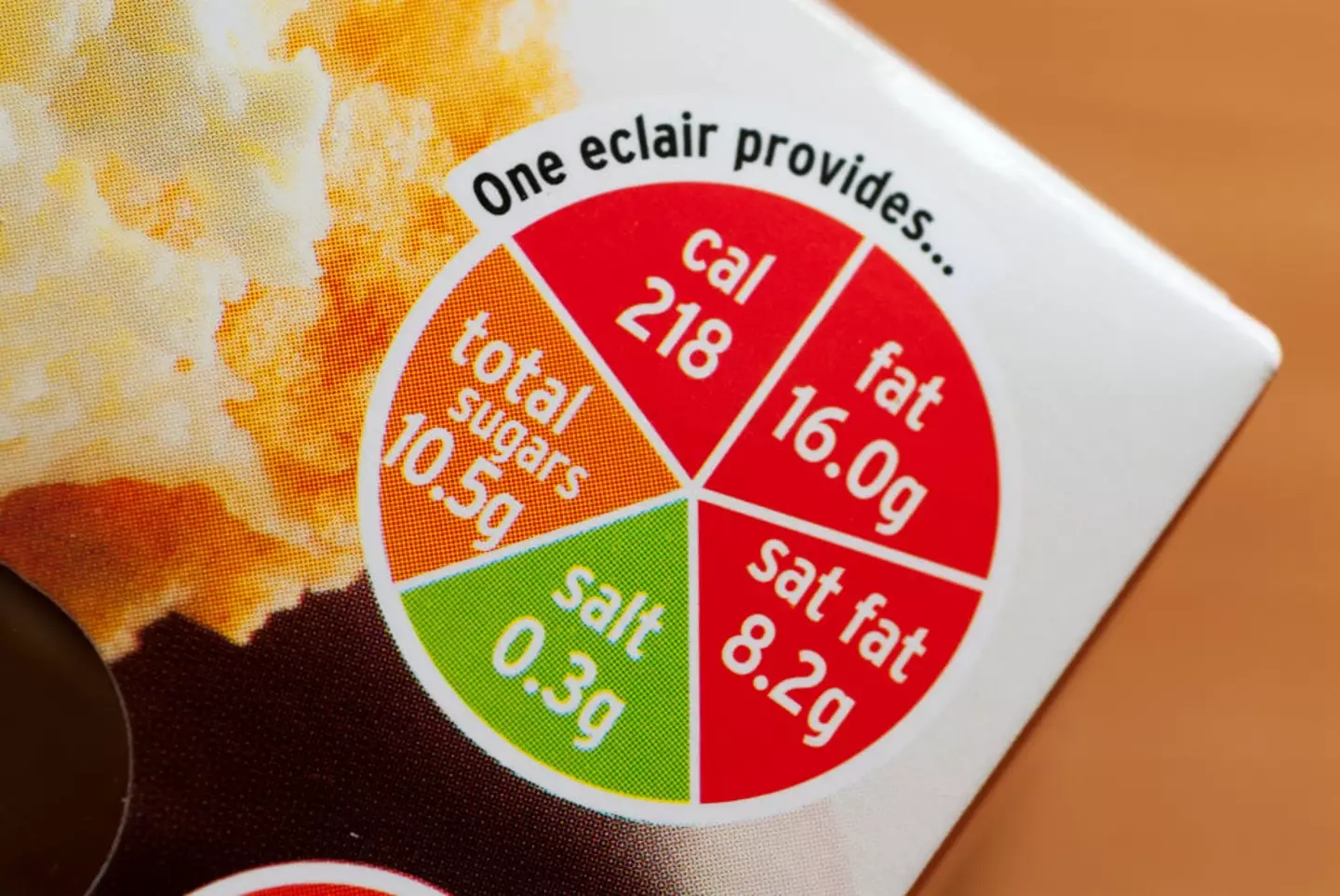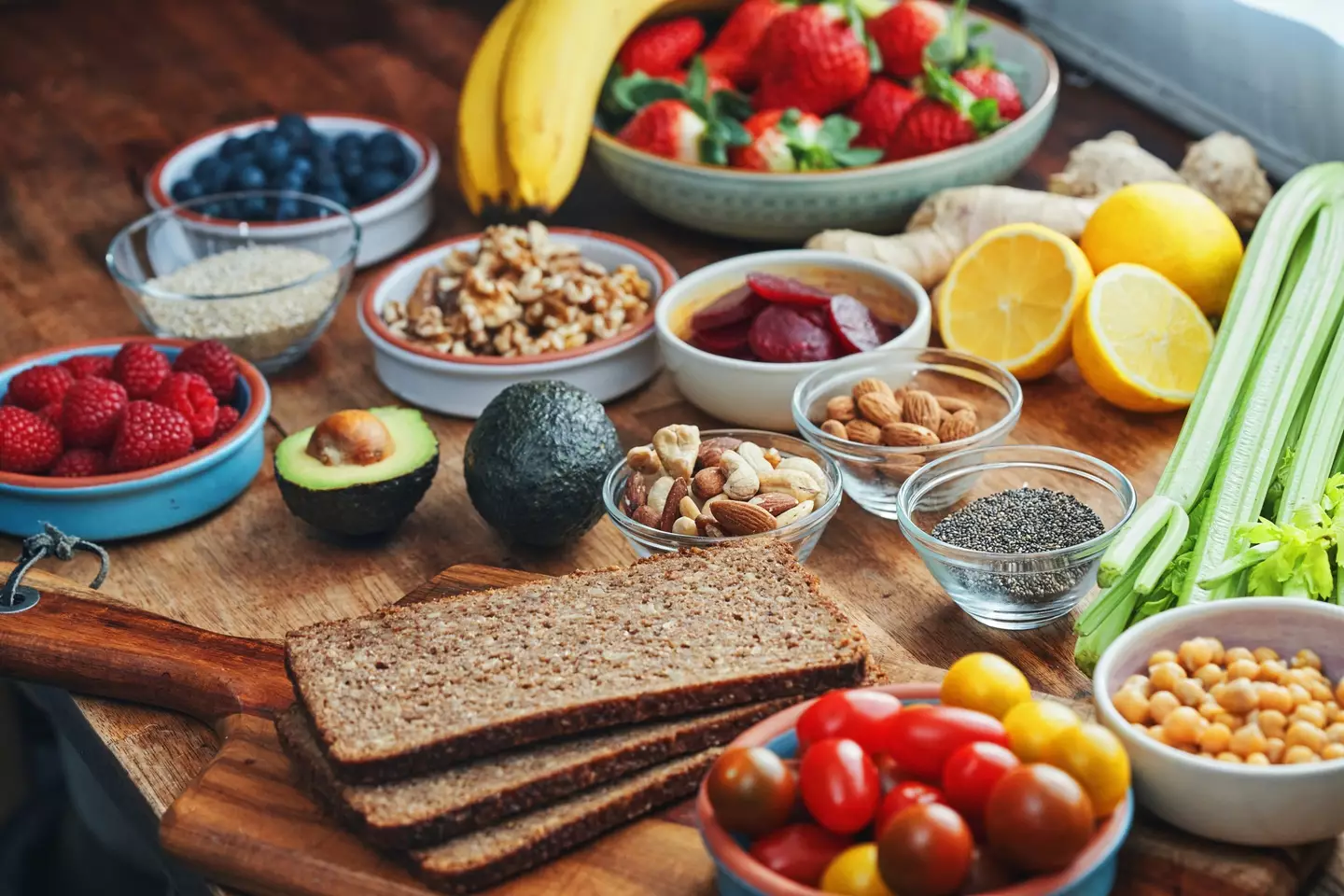
When scientists finally sequenced the human genome in 2003, many expected it would unlock the mysteries behind disease. Yet genetics alone explained only about 10% of our risk of developing conditions like heart disease or diabetes. The remaining 90% largely comes down to the environment - and especially what we eat.
Globally, poor diet is linked to roughly one in five deaths among adults over 25, while in Europe it contributes to almost half of cardiovascular fatalities. And yet, despite decades of advice about cutting fat, salt or sugar, obesity and diet-related illness continue to rise. Clearly, our understanding of food has been missing a critical piece.

For years, nutrition was framed in fairly simple terms: food as fuel, nutrients as the building blocks of the body. Proteins, carbohydrates, fats, and vitamins - around 150 chemicals in total - have dominated research. But as scientists dig deeper, it turns out that our diet delivers more than 26,000 distinct compounds, most of which are still uncharted.
Advert
Here’s where the term 'nutritional dark matter' comes in.
According to Professor David Benton, the term is inspired by astronomy, which uses the concept of dark matter to describe unseen forces that shape the universe, nutrition researchers 'borrowed the idea to describe the thousands of unstudied molecules in food. Like cosmic dark matter, these compounds are invisible in traditional nutritional science, but their effects on our bodies may be profound.'

Some may encourage health, while others could increase disease risk. And just like astronomers, nutrition scientists are now racing to map this hidden universe.
Enter foodomics, the emerging field aiming to uncover these mysteries. By combining genomics (the study of genes), proteomics (proteins), metabolomics (cellular activity) and nutrigenomics (the interplay between genes and diet), foodomics is revealing how our bodies respond to food in ways that go far beyond calories and vitamins.
Take the Mediterranean diet, for instance. Known for its protective effects against heart disease, it includes fruits, vegetables, whole grains, legumes, nuts, olive oil and fish, with limited red meat and sweets.
One clue to its benefits lies in molecules like TMAO (trimethylamine N-oxide), produced when gut bacteria metabolise compounds found in red meat and eggs.

"High levels of TMAO increase the risk of heart disease. But garlic, for example, contains substances that block its production. This is one example of how diet can tip the balance between health and harm," explains Benton.
Gut bacteria are another critical piece of the puzzle. Compounds reaching the colon are transformed into new chemicals that influence inflammation, immunity and metabolism. Ellagic acid, found in berries and nuts, is converted by gut microbes into urolithins, which help maintain healthy mitochondria, the energy factories of our cells.
Food’s chemical complexity doesn’t stop there. Single compounds can interact with multiple biological mechanisms, and diet can even switch genes on or off through epigenetics, altering gene activity without changing DNA itself.
Historical examples illustrate this: children born to mothers who endured famine in the Netherlands during World War II were more likely to develop heart disease, type 2 diabetes and schizophrenia, decades later, due to changes in gene expression triggered by maternal nutrition.
Projects like the Foodome Project are now cataloguing this hidden chemical universe. With over 130,000 molecules listed so far, researchers are linking food compounds to human proteins, gut microbes and disease processes, aiming to build an atlas of diet-body interactions.
According to Benton it's clear: “Our food is far more than calories and nutrients. It’s a chemical maze that has been largely invisible until now. Understanding nutritional dark matter could revolutionise how we eat, how we prevent and treat disease and how we view health itself.”
